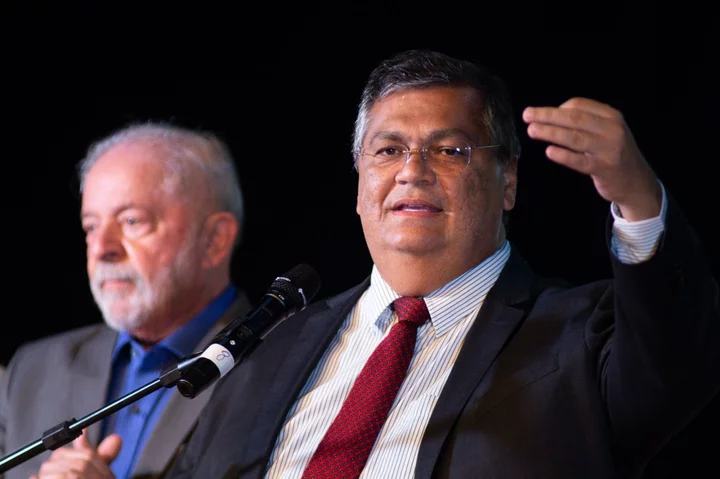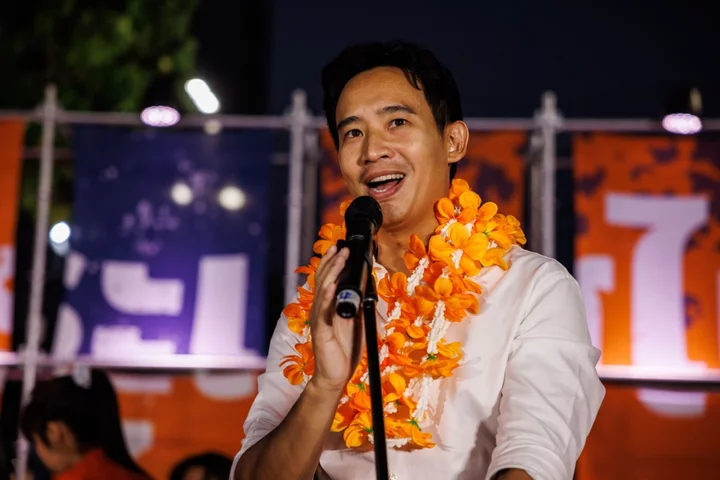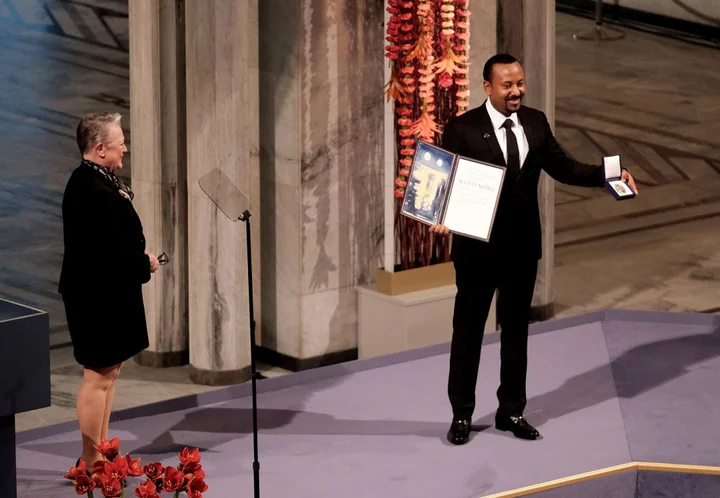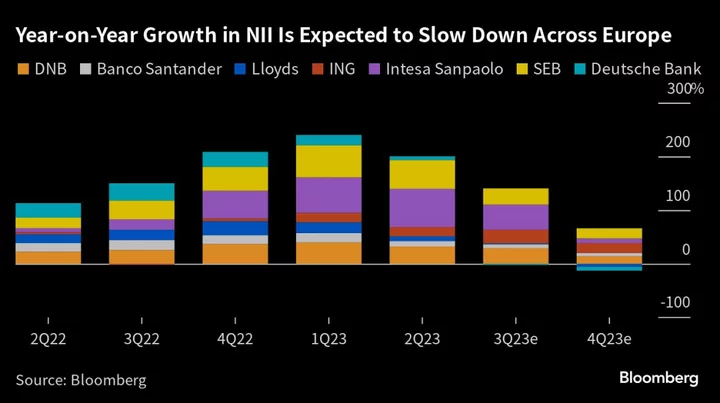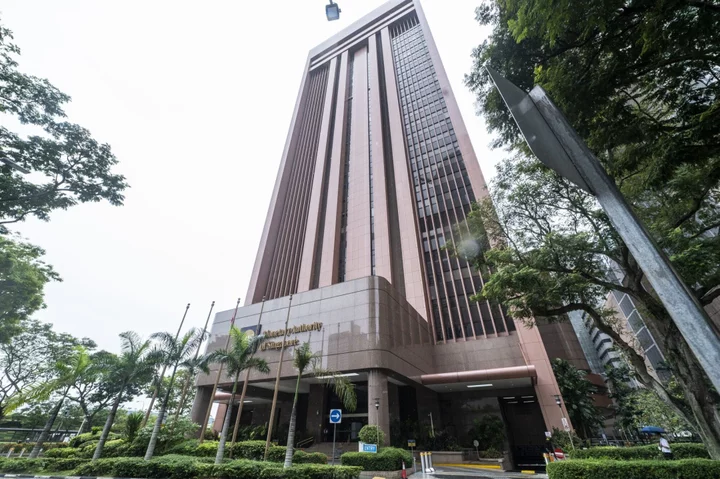President Luiz Inacio Lula da Silva defied calls from activists and allies to appoint the first Black woman in the history of Brazil’s Supreme Court, choosing instead to nominate Justice Minister Flavio Dino for the vacancy created by the retirement of Judge Rosa Weber.
If Brazil’s Senate confirms the pick, which Lula announced Monday on social media, it will add another trusted ally to the bench, after the leftist leader nominated his personal attorney to the court in June.
Dino’s selection will also put a mixed-race man on the court that has historically been dominated by White Brazilians. But the choice nevertheless disappointed social movements that called on the president to choose a Black woman, with many seeing it as the latest sign that his campaign pledges to promote diversity in the top ranks of Brazil’s government have taken a back seat to more immediate political considerations.
“It was time to make history,” said Monique Damas, a criminal attorney and member of Black Jurists, an organization that seeks to connect Black women lawyers. “Instead, he appointed a man to a seat that belonged to a woman. The feeling is one of hopelessness and disappointment.”
Lula can point to other examples of his efforts to deliver on his promises to make a largely White and overwhelmingly male governing establishment more reflective of Brazil, where more than half of the population identifies as Black, according to census figures.
After taking office in January, he created the first-ever ministries of Indigenous Peoples and Racial Equality, and tapped women to lead both. He also appointed the first Black director in the history of Brazil’s central bank.
More recently, however, women have borne the brunt of his attempts to shore up political support in a fractious, conservative congress. Cabinet re-organizations meant to accommodate new congressional allies resulted in the ouster of two female ministers, leaving women in charge of just nine of the government’s more than three dozen ministries. The Supreme Court will now have a single female member: Judge Carmen Lucia, one of only three women to ever serve on the body.
Analysts see the decision as unlikely to generate major blowback. But it nevertheless highlights the struggles the Brazilian left has faced as it seeks to live up to its own diversity goals.
“You have to go back to the base that has been giving you votes and support for 15 or 20 years and say that their interests are not a priority,” said Creomar de Souza, the chief executive officer of Dharma Political Risk and Strategy, a Brasilia-based consultancy, before Lula’s pick was announced. “The problem is that when we talk about ethnic and racial diversity, parties on the left still have difficulty creating these frameworks.”
A Major Demand
Weber’s approaching retirement turned the seat into a focal point for grassroots groups that saw it as chance to win a Black woman a key position atop a judiciary that ranks as one of Brazil’s least representative institutions.
More than 60% of the nation’s judges are men, according to government statistics. Black women, who make up more than a quarter of the population, hold just 8% of judgeships.
“Although 56% of the Brazilian population is Black, we do not have a single item, a single marker, a single socioeconomic and cultural indicator, that places the Black population in a minimally-balanced position,” Vera Lucia Araujo, a Black female attorney who has been shortlisted for Supreme Court vacancies, said in an interview before the selection was made. “A population of 56% is on the margins of the system of power.”
Many also saw the seat as a reward for the 2022 presidential race, in which Lula racked up sizable margins among women and in the majority-Black northeast region on his way to victory in Brazil’s closest-ever election.
“Black women gave him the presidential sash. Now it’s time he gives us the justice robe,” Tainah Pereira, a representative of the Black Women Decide organization that has campaigned to diversify Brazil’s justice system, said.
In September, nearly 40 organizations signed a letter to Lula calling for the appointment of a Black woman. A group of 25 members of congress — many of them Black women — penned another letter making the same demand. Earlier this year, a mural of a Black woman seated in the regal chairs that symbolize the Supreme Court appeared in a popular Rio de Janeiro neighborhood. Activists also purchased billboards in New Delhi and Times Square during Lula’s travels to major global summits in India and New York.
Weber’s final moves on the court only intensified the calls, after she opened one case weighing the decriminalization of personal possession of marijuana and cast the last vote of her career in favor of the decriminalization of abortion until the 12th week of pregnancy.
To advocates, the issues illuminated the judiciary’s racial and gender disparities.
Black Brazilian women are 46% more likely than white women to have had an abortion, according to a September study from the Oswaldo Cruz Foundation, a Rio-based public health organization. Black women, meanwhile, made up 62% of Brazil’s female prison population in 2018, according to national surveys. The majority are incarcerated because of drug-related crimes, the data showed.
“When a Black woman enters the judicial system, or sits at the top court, it’s a way of facing the country’s structural racism,” said Barbara Barbosa, the director of Oxfam Brazil’s racial and gender equality program.
‘I Didn’t See Myself in Court’
Brazil is not necessarily an outlier among other large, multiracial nations. Black women make up about 8% of the total US population but hold just 4% of federal judgeships, according to a July 2022 survey from the American Bar Association.
President Joe Biden last year nominated Ketanji Brown Jackson as the first Black woman to serve on the US Supreme Court, following through on his own campaign pledge.
Dino will give Lula another aligned judge at a time when his government and the Supreme Court are locked into political battles with the country’s Congress, according to de Souza, the political consultant.
Read More: Brazil Senate Votes to Limit Powers of the Country’s Top Court
But those behind the push see it as a missed opportunity to send a signal to Black women that they can access the highest levels of Brazil’s legal and governing establishment.
Damas, the attorney, recently attended a trial of participants in the Jan. 8 riots that sought to undermine Lula’s election victory, and noticed that she and her friend were the only two Black people in the courtroom.
It was a familiar situation: At the law firm where she started her career, a cleaning lady was the only other Black person in her office. Damas said she has often been confused for an intern, and has been asked to undo her braids.
“I didn’t see myself in the court,” she said. “Seeing only white people, and mostly men, at the top court is distressing.”

